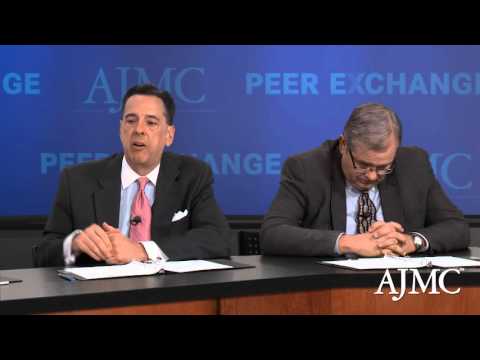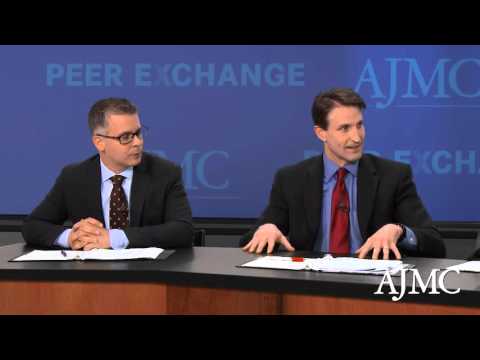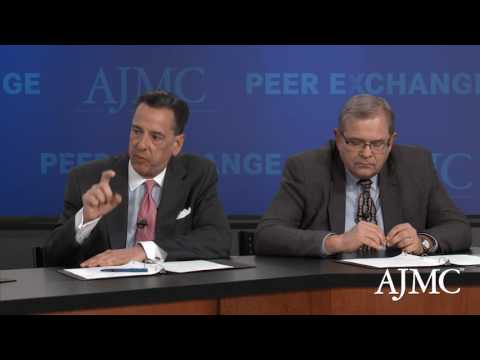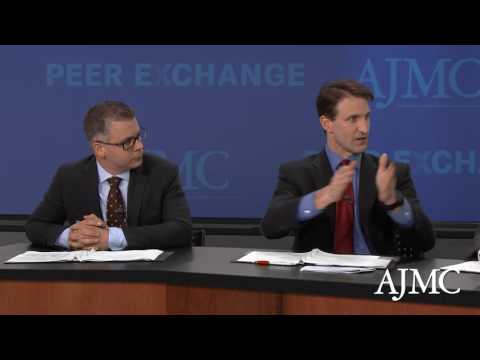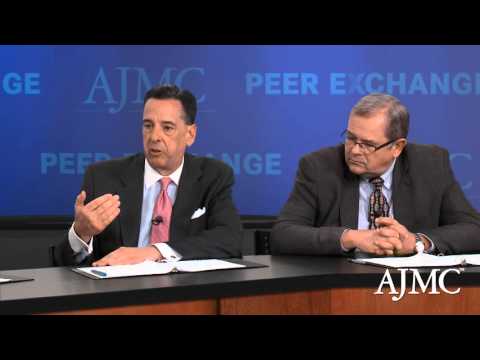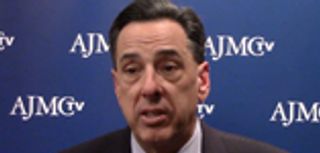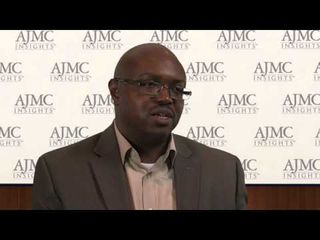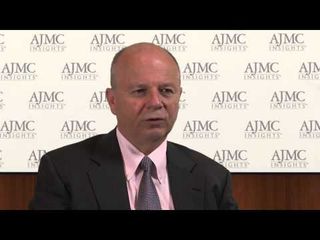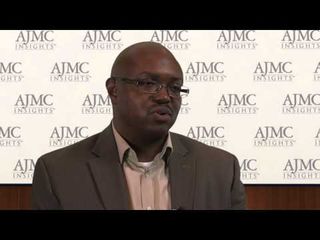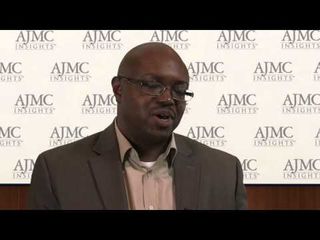
Oncology
Latest News
Latest Videos

CME Content
More News
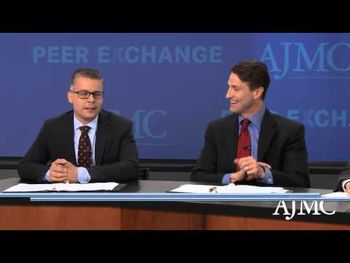
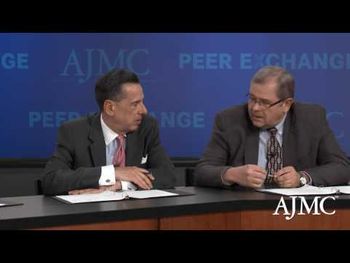
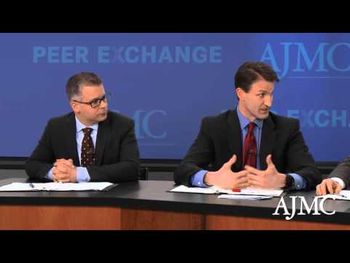
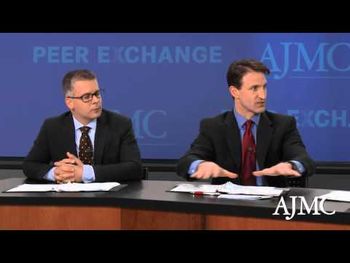
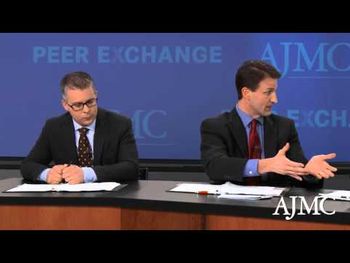
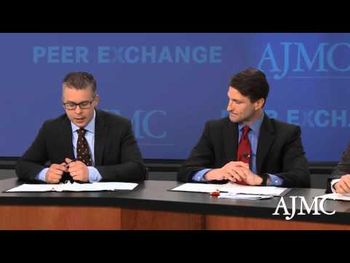
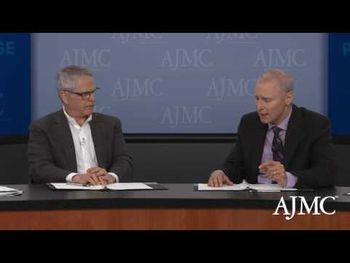
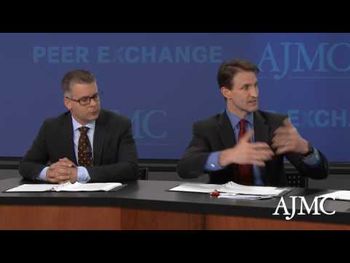
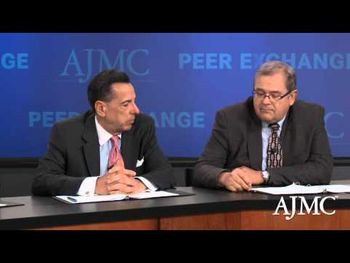
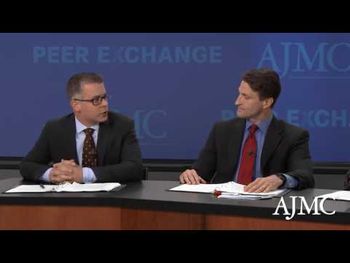
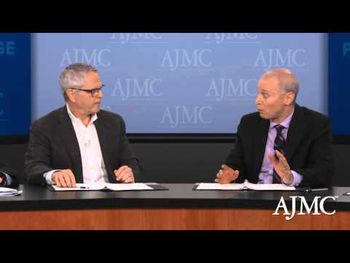
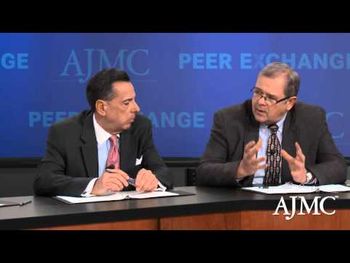
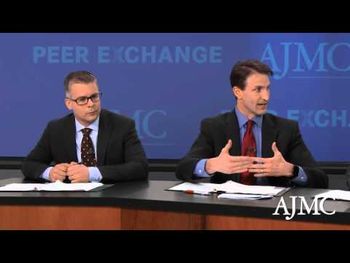
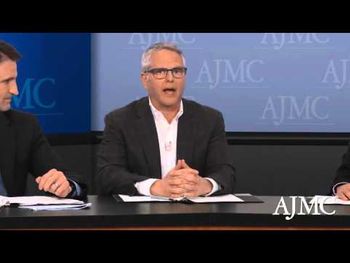

A small study in 30 patients with advanced B-cell acute lymphoblastic leukemia has further strengthened the faith in the potential of chimeric antigen receptor or CAR-T cell therapy.

A company in Canada, Biolyse Pharma, has offered to manufacture a generic version of enzalutamide at a significantly lower price than what CMS paid in 2014.
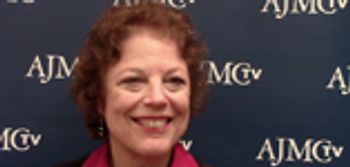
Listening to patient-reported outcomes, especially in clinical trials, is extremely important, especially the array of technology available to collect this information, said Sophia K. Smith, PhD, MSW, associate professor at the Duke School of Nursing.

A collaboration between the Dana-Farber Cancer Institute and the fitness tracking company Fitbit will investigate whether weight loss in women diagnosed with breast cancer can stave off recurrence.
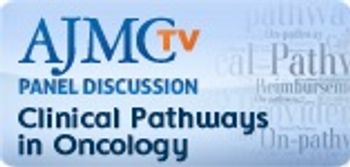
Panelists explain the need and the challenges with including principles of palliative care in oncology clinical pathways.

Robert Dubois, MD, PhD, shares findings from their recently published study in The American Journal of Managed Care, which showed that patients do not know they are being treated on predetermined pathways.

Neither Blase Polite, MD, MPP, not Robert Dubois, MD, PhD, believe that clinical pathways restrict patient access to care.

According to Blase Polite, MD, MPP, pathways are well-designed to allow personalized medicine.

According to Blase Polite, MD, MPP, it is much harder for a cancer center to adapt care pathways than it is for a smaller clinic.

Expanding the definition of "value" beyond cost, Robert Dubois, MD, PhD, emphasized that clinical pathways need more dynamic quality metrics that provide more than just a snapshot of a patient's performance.

Panelists discussed whether there is any flexibility woven into the process of developing a clinical pathway, especially if a patient does not respond to a particular therapy or if a clinician wants to include a new therapy that may be better fit.
